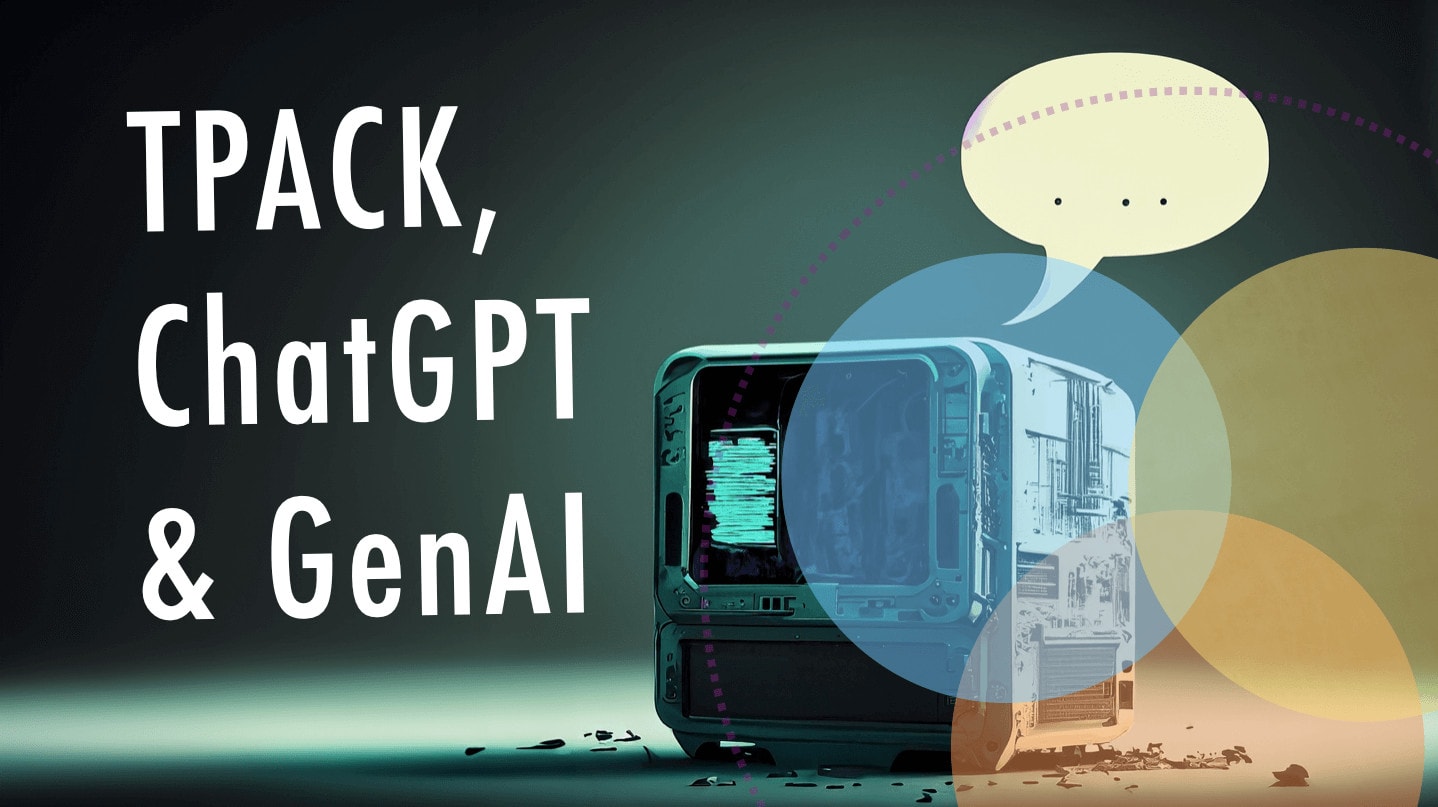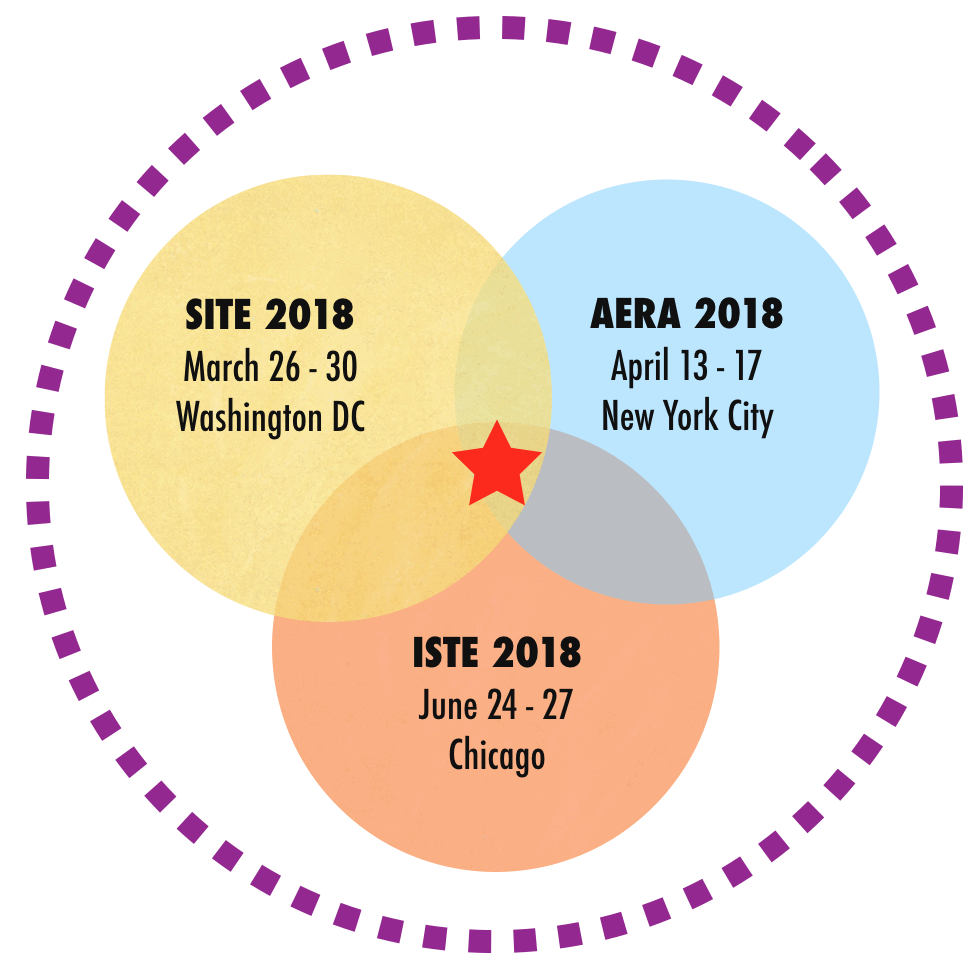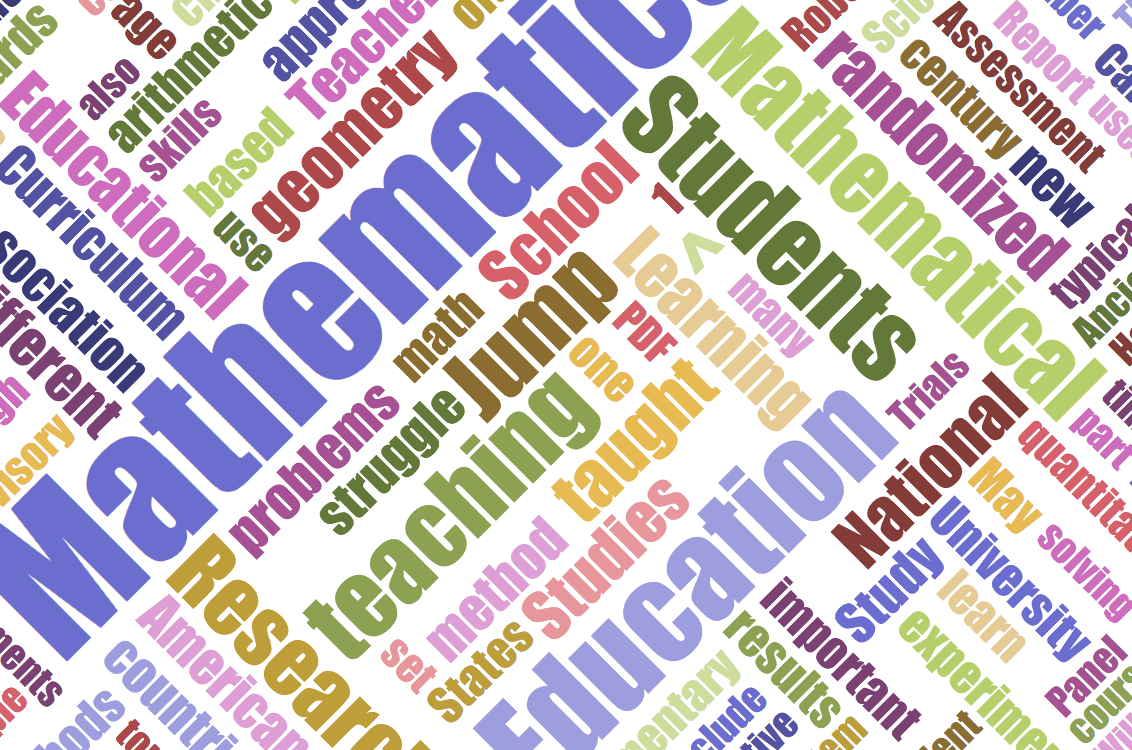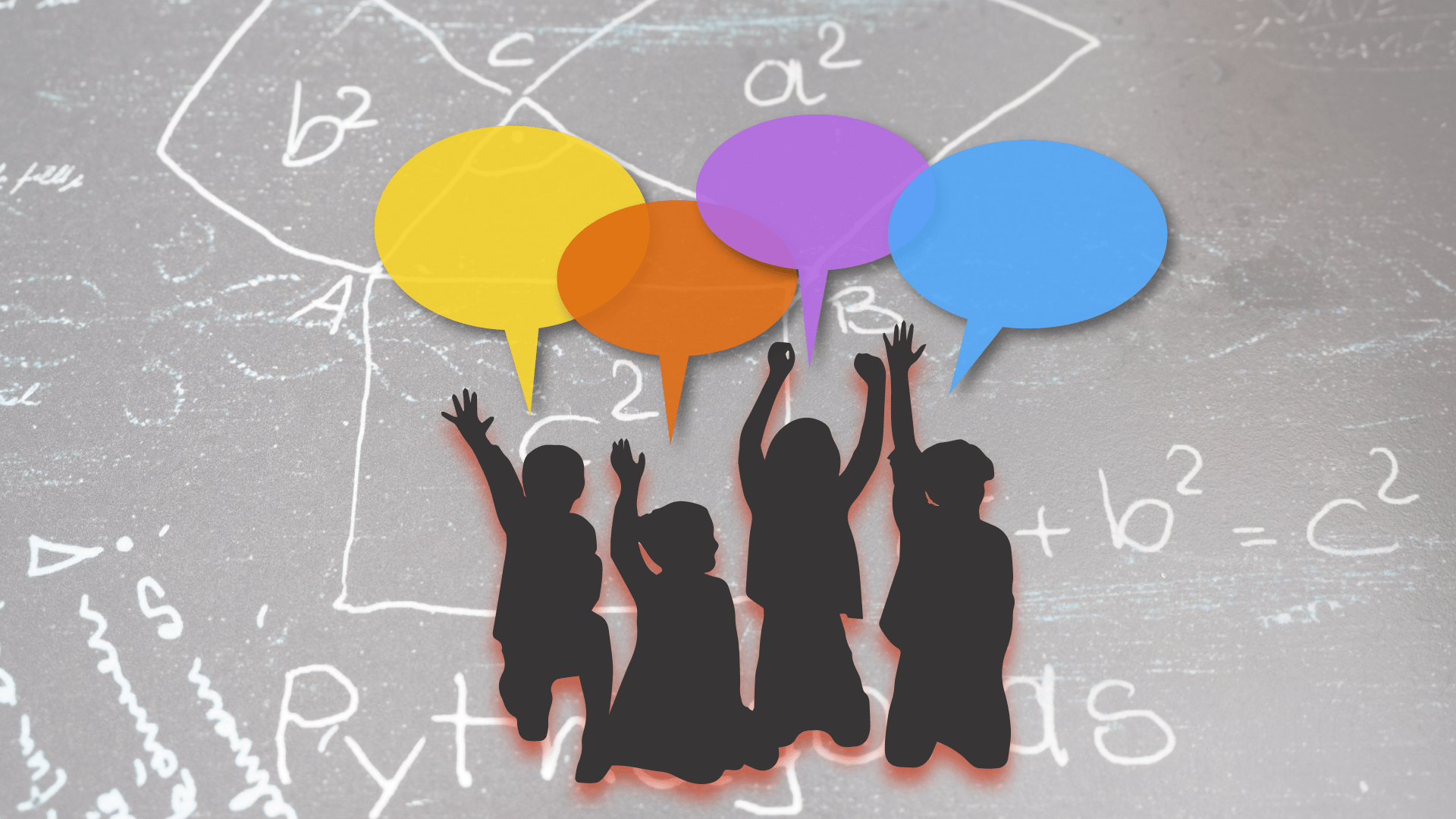Update March 2024: This paper received the JDLTE Outstanding Research Paper Award recognizing “the single article from the prior volume year with the highest possibility to advance the field of teacher education, based on the criteria of potential impact and contribution, innovativeness, and generalizability or usability.”
The rise of Generative AI (and tools such as ChatGPT) and their potential impact on education have been discussed and debated ad-nauseam. The key question, as teacher educators, is what it is that teachers need to know to intelligently integrate these technologies in their practice?
This paper brings together some early work on people’s psychological responses to media, my work on the TPACK framework, and our evolving understanding of these new technologies. This paper has been a fun to write and I believe is a significant contribution to the field. Huge shout out to my coauthors, Melissa Warr and Rezwana Islam. The citation and abstract are given below.
To make the ideas more accessible, we have created a 2-page executive summary of the article along with translations in 4 other languages. In the cases where AI was used to create the translations we have included a reverse translation (back into English) at the end of the doc, for verification purposes. Links to pdf versions given below.
- English: Created collaboratively with Claude.AI (added 9/6/23)
- Arabic: Thanks to Nicole Thompson, Tanya Pinkerton and Setrag Hovsepian (added 10/4/23).
- Spanish: Created entirely by Claude.AI (added10/9/23)
- Mandarin: Created entirely by Claude.AI (added10/10/23)
- Portuguese: Created by Claude.AI, reviewed and edited by Alexandre Rosado (added 10/2023)
- Turkish: Created by Claude.AI, reviewed and edited by Abdullah Saykili (added 1/10/2024)
Link to article, abstract, and some key ideas below.
Mishra, P, Warr, M, & Islam, R. (2023): TPACK in the age of ChatGPT and Generative AI. Journal of Digital Learning in Teacher Education, DOI: 10.1080/21532974.2023.2247480
The educational impact of Generative AI (GenAI) technologies, such as ChatGPT, has received significant attention. We use the TPACK framework to discuss the types of knowledge teachers require to effectively use GenAI tools. We highlight the qualities of GenAI that make it like other digital technologies (they are protean, opaque, and unstable) as well as qualities that make it revolutionary (namely, they are generative and social). We describe how these traits affect specific knowledge domains (TK, TPK, TCK, XK, and TPACK) and explore implications for educators. Finally, we argue for a more expansive description of Contextual Knowledge (XK), going beyond the immediate context to include considerations of how GenAI will change individuals, society and, through that, the broader educational context.
One of the key arguments of this paper builds on the fact that these technologies are social in nature, i.e. they have a certain psychological reality which has significant implications for how we work with them. Funnily enough, this is a line of work that I had engaged in over two decades ago, under the broader rubric of “psychological responses to media.” Building on evidence from on cognitive science, developmental psychology, and evolutionary psychology we argue that this “perception of intentionality” is a “cognitive illusion,” that is the product of highly sophisticated, deeply entrenched inferential principles that are quite inaccessible to conscious introspection or voluntary control. It some strange way I have come full-circle back to research that I did back in the early 2000’s. I made a similar argument in a recent “hosts reflect” episode of the Silver Lining for Learning.
I provide three key paragraphs from the article, that expand on this idea, and describe its implications, below:
… the most important insight concerning TPACK in an age of GenAI is philosophical in nature. These technologies require a shift in perspective from a mere utilitarian technological approach to a relational one. Traditional dichotomies—machine versus tool, tool versus object—blur and lose their relevance when we speak of GenAI. At some level, a relational perspective to technology is not a new idea. Scholars such as Latour and Venn (2002), Ihde (1998), and Verbeek (2015) have all argued that technologies are more than mere tools. They are not neutral, but rather they actively influence our interaction with the world. In that sense they have agency, shaping our actions, modifying the ecosystem within which we co-exist through these interactions. That said, in the past these ideas have been theoretical, insightful metaphors for how we would think of the broader ecosystem of people, societies, and technology. GenAI technologies are almost embarrassingly literal manifestations of these abstract philosophical ideas.
Thus, GenAI doesn’t just operate in isolation, but it interacts, learns, and grows through dialogue with humans. This collaborative dance of information exchange collapses the old boundaries that once defined our relationship with tools and technology. The meaning of these entities is not fixed or predetermined, rather, how we make sense of these new tools is emergent based on multiple rounds of dialogue and interactions with them, akin to how we engage, interact and learn from and with human correspondents. Thus, we’re not just users or operators, we’re co-creators, shaping and being shaped by these technologies in a continuous and dynamic process of co-constitution. This is a critical shift in understanding that educators need to embrace as we navigate the wicked problem of technology integration in teaching.
Moreover, the learning space, which until today was inhabited by humans (learners and educators) as active meaning-making agents, will change due to the advent of these generative, social technologies…. The presence of an “alien” intelligence in a space that has previously been only inhabited by humans will be disruptive in unpredictable ways. For instance, future versions of these tutoring technologies will most definitely have TPACK knowledge built into their very design. They will have knowledge of content and the current state of student understanding combined with an ability to work across a range of representational media (text, images, video and more). This will make them incredibly powerful tools for educators. Thus, the kinds of knowledge teachers need to have will evolve and change. For example, teacher knowledge may need to focus more on the social and psychological aspects of growth and development and less on content expertise. And of course, what this means for the education professions remains to be seen.





0 Comments